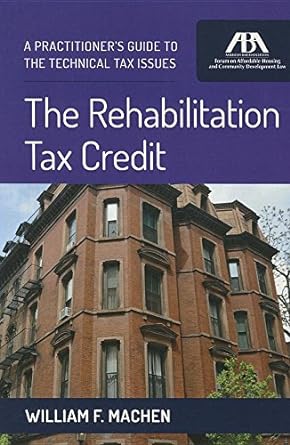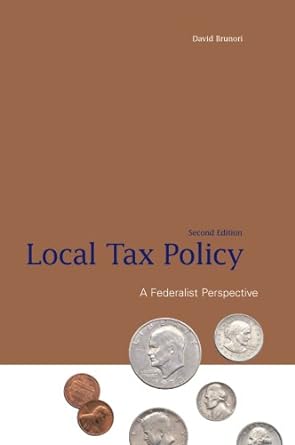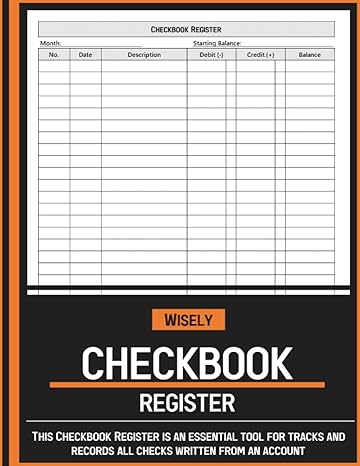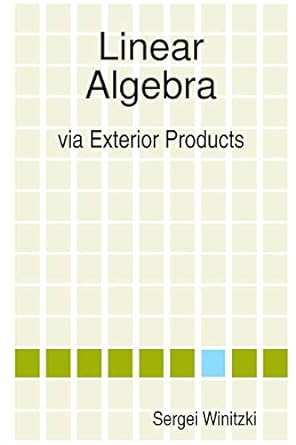Go back


The Rehabilitation Tax Credit A Practitioners Guide To The Technical Tax Issues(1st Edition)
Authors:
William F. Machen

Cover Type:Hardcover
Condition:Used
In Stock
Shipment time
Expected shipping within 2 DaysPopular items with books
Access to 30 Million+ solutions
Free ✝
Ask 50 Questions from expert
AI-Powered Answers
✝ 7 days-trial
Total Price:
$0
List Price: $39.95
Savings: $39.95(100%)
Solution Manual Includes
Access to 30 Million+ solutions
Ask 50 Questions from expert
AI-Powered Answers
24/7 Tutor Help
Detailed solutions for The Rehabilitation Tax Credit A Practitioners Guide To The Technical Tax Issues
Price:
$9.99
/month
Book details
ISBN: 1634252209, 978-1634252201
Book publisher: American Bar Association
Get your hands on the best-selling book The Rehabilitation Tax Credit A Practitioners Guide To The Technical Tax Issues 1st Edition for free. Feed your curiosity and let your imagination soar with the best stories coming out to you without hefty price tags. Browse SolutionInn to discover a treasure trove of fiction and non-fiction books where every page leads the reader to an undiscovered world. Start your literary adventure right away and also enjoy free shipping of these complimentary books to your door.
Book Summary: Section 47 of the Internal Revenue Code of 1986, as amended (the “Code”), allows taxpayers to claim a credit (the “Rehabilitation Tax Credit”) for certain expenses incurred in connection with the rehabilitation of older or historic buildings. The amount of the credit is 20 percent of the “qualified rehabilitation expenditures” incurred in connection with a “certified rehabilitation” of a “certified historic structure” or 10 percent of the qualified rehabilitation expenditures incurred with respect to a nonresidential building placed in service before 1936. A certified historic structure is a building that either is listed as such in the National Register of Historic Places (the “National Register”) or is located in a “registered historic district” and is certified by the Secretary of the Interior (the “Secretary”), acting through the National Park Service (the “NPS”), as being of historic significance to the district. A registered historic district includes any district listed in the National Register, as well as a district statutorily designated by a state or local government, provided that the relevant statute has been certified by the Secretary as incorporating proper criteria for substantially achieving the purpose of preserving and rehabilitating historically significant buildings, and the district is certified by the Secretary as satisfying substantially all of the requirements for the listing of districts in the National Register.The Beginner's Guide to the Rehabilitation Tax Credit will help with your first application, allocation, closing, property – whichever role brings you to this industry.
Customers also bought these books
Frequently Bought Together
Top Reviews for Books
Vincent Ip
( 5 )
"Delivery was considerably fast, and the book I received was in a good condition."










